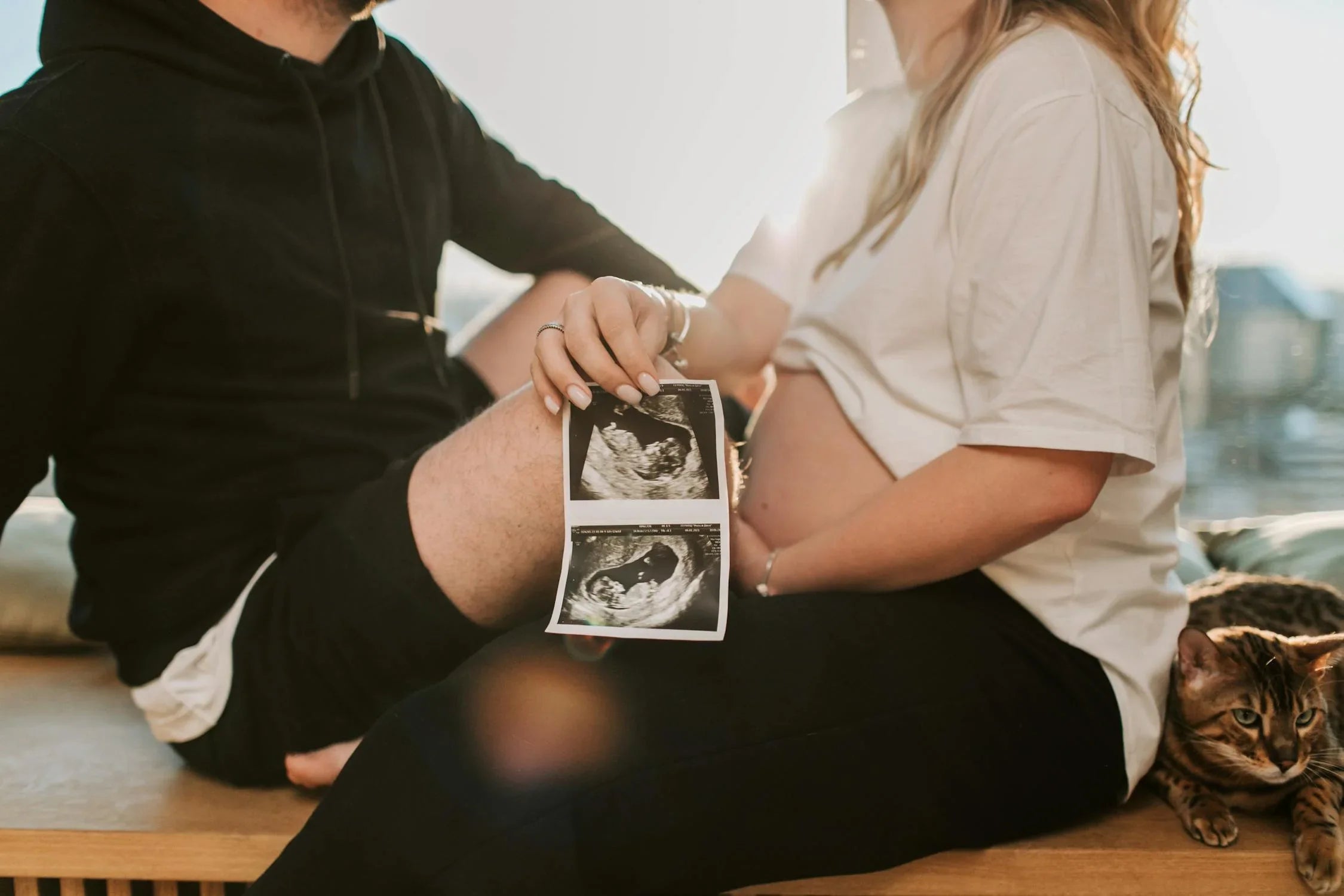Startseite
Pregnancy, Breastfeeding, and Pumping: The Ultimate Guide for Moms
How Long After Sex Can You Test for Pregnancy: A Comprehensive Guide

How Long After Sex Can You Test for Pregnancy: A Comprehensive Guide
Wondering how long after sex you can test for pregnancy? This question is common among those who are eagerly waiting to find out if they’re expecting. The timing of a pregnancy test is crucial for accurate results, and understanding the science behind it can help you make informed decisions. In this article, we’ll explore everything you need to know about when and how to test for pregnancy after sex.
Understanding the Basics of Pregnancy Testing
Pregnancy tests work by detecting the presence of a hormone called human chorionic gonadotropin (hCG) in your urine or blood. This hormone is produced by the placenta shortly after a fertilized egg attaches to the uterine lining. The level of hCG increases rapidly in the early stages of pregnancy, making it a reliable marker for pregnancy detection.
How Soon Can You Test After Sex?
The timing of a pregnancy test depends on several factors, including the type of test you use and when ovulation and fertilization occur. Here’s a breakdown of the key considerations:
1. Ovulation and Fertilization
Ovulation typically occurs around 14 days before your next menstrual period. If sperm fertilizes an egg during ovulation, implantation usually happens 6 to 12 days later. It’s only after implantation that hCG production begins. Therefore, testing too soon after sex may not yield accurate results.
2. Early Detection Tests
Some pregnancy tests are designed to detect lower levels of hCG and can provide results as early as 7 to 10 days after ovulation. However, these tests are not always 100% accurate at this early stage, and false negatives are possible.
3. Standard Pregnancy Tests
For most standard pregnancy tests, it’s recommended to wait until the first day of your missed period. This is usually around 14 days after ovulation and provides a more reliable result. Testing too early can lead to false negatives, as hCG levels may not yet be high enough to detect.
Factors That Influence Test Accuracy
Several factors can affect the accuracy of a pregnancy test, including:
1. Timing of the Test
As mentioned earlier, testing too soon after sex can result in a false negative. Waiting until the first day of your missed period increases the likelihood of an accurate result.
2. Type of Test
Different pregnancy tests have varying sensitivities to hCG. Early detection tests may provide results sooner but are less reliable than standard tests taken after a missed period.
3. User Error
Incorrect usage of the test, such as not following the instructions or using an expired test, can lead to inaccurate results. Always read the instructions carefully before taking a pregnancy test.
Signs You Might Be Pregnant
While waiting to take a pregnancy test, you may notice early signs of pregnancy. These can include:
- Missed period
- Nausea or morning sickness
- Breast tenderness
- Fatigue
- Frequent urination
However, these symptoms can also be caused by other factors, so a pregnancy test is the most reliable way to confirm pregnancy.
What to Do If You Get a Positive Result
If your pregnancy test is positive, it’s important to confirm the result with a healthcare provider. They can perform a blood test or ultrasound to confirm the pregnancy and provide guidance on next steps.
What to Do If You Get a Negative Result
A negative result can be disappointing, especially if you’re trying to conceive. If you get a negative result but still suspect you might be pregnant, wait a few days and test again. If your period still hasn’t arrived, consult a healthcare provider to rule out other potential causes.
Tips for Accurate Testing
To ensure the most accurate results, follow these tips:
- Use the first urine of the day, as it contains the highest concentration of hCG.
- Read the instructions carefully and follow them precisely.
- Use a test that is not expired.
- Wait the recommended amount of time before reading the result.
When to Seek Medical Advice
If you’re experiencing unusual symptoms or have concerns about your test results, it’s always a good idea to consult a healthcare provider. They can provide additional testing and guidance based on your individual situation.
Knowing how long after sex you can test for pregnancy is essential for accurate results. By understanding the science behind pregnancy tests and following best practices, you can increase the likelihood of getting a reliable result. Whether you’re hoping for a positive or negative outcome, being informed and prepared will help you navigate this important moment with confidence.
Teilen
